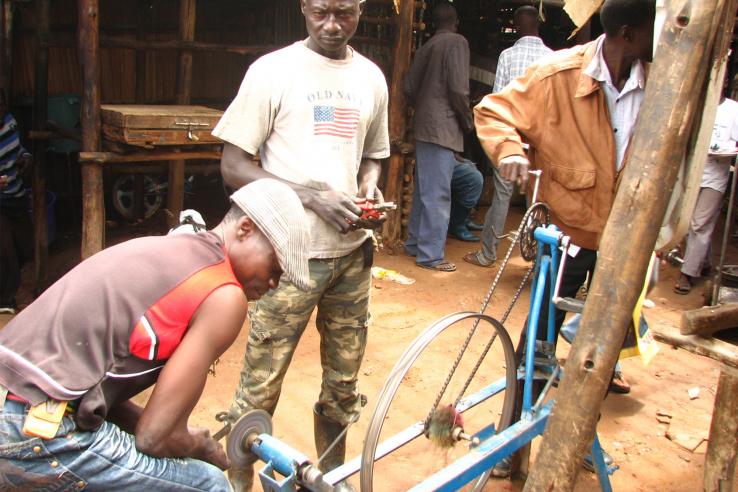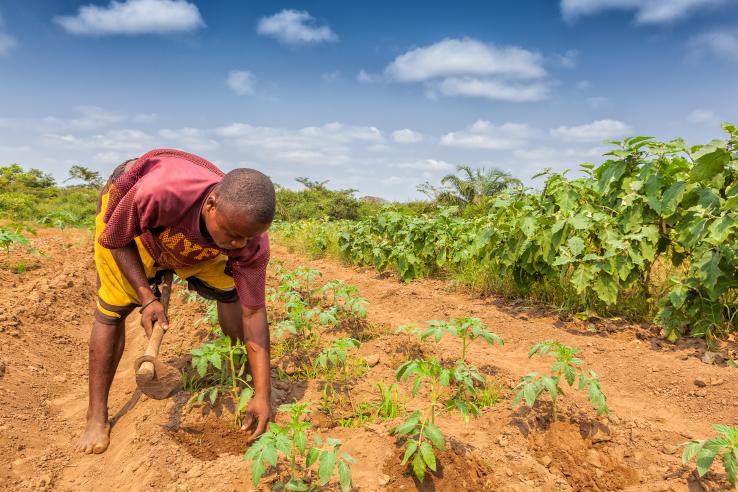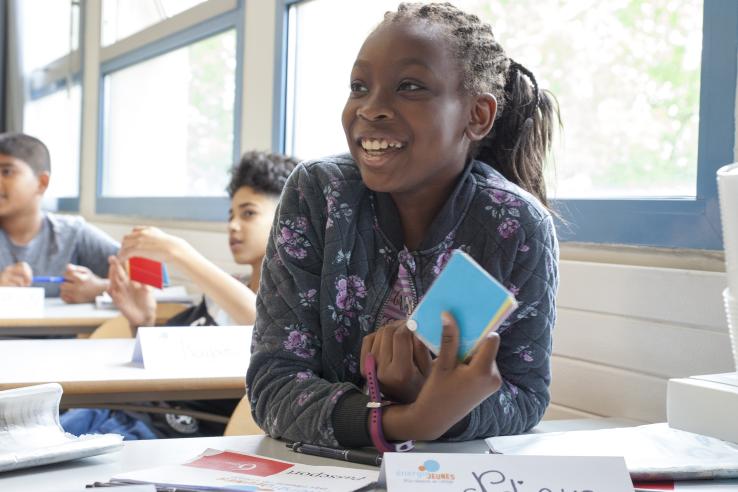Displaying 3301 - 3315 of 8335
Evaluation
Researchers evaluated the impact of informational reminders and price discounts on bank clients’ overdraft usage in Turkey. While messages on the availability of overdraft protection services increased usage, messages promoting an overdraft discount actually reduced overdraft usage, potentially because the discount message reminded individuals of the costs associated with an overdraft.
Evaluation
Researchers evaluated the impact of creating peer groups optimized to improve the academic achievement of lower-ability first-year students at the United States Air Force Academy. Placing lower-ability students in the optimized groups, which mixed them with a relatively large number of peers with high scores on the verbal portion of the SAT, caused the lower-ability students to perform worse, and actually led them to interact more with other lower-ability students.
Evaluation
Researchers used a randomized evaluation to measure the impact of a government program that gave groups of young people US$400 per person in return for a proposal to start a skilled trade. Recipients invested the cash and significantly increased their incomes for several years. However, nine years after the grants, non-recipients eventually caught up to grant recipients in terms of income and employment, suggesting that in this instance, grants acted more like a kick start than a lift out of poverty.
Evaluation
In Liberia, researchers examined the short and long-term impacts of introducing alternative dispute resolution (ADR) trainings on the rate at which community members resolved property disputes and the incidence of violence related to those disputes. In the long-run, dispute resolutions became less violent in communities that received the ADR workshops, despite no reduction in the overall incidence of property disputes.
Evaluation
In Liberia, researchers tested the effect of an intensive agricultural training program that also provided agricultural supplies and psychosocial counseling on employment activities, income, and socio-political integration. Fourteen months after the program, participants spent more time working in agriculture and less on illicit activities, and their income rose as a result.
Person
Louisee Cruz is a Research Manager at JPAL LAC. She manages the impact evaluation of an ed-tech program in Brazil and Mexico.
Evaluation
In Ethiopia, researchers randomly assigned mostly female jobseekers to receive an industrial job offer or an unconditional cash transfer, meant to spur self-employment. While they found positive impacts of the cash transfers on occupational choice, income, and health in the first year, these effects largely dissipated after five years, suggesting one-time interventions may be insufficient for overcoming barriers to wage- or self-employment.
Evaluation
In Bogotá, Colombia, researchers partnered with the city to measure the impact of either concentrated policing, increased municipal clean-ups, or both on crime reduction and displacement. The evaluation found that the two approaches reduced crime on targeted streets when implemented together, but not when implemented alone. While most crime, particularly property crime, appears to have shifted to nearby streets, there is suggestive evidence that violent crimes, especially homicides and rapes, decreased citywide as a result of the intervention.
Blog
This blog post is part one of three in a series on how state and local governments in the United States can promote upward mobility in their communities. It is part of J-PAL North America’s work to develop a learning agenda that summarizes the core research priorities from state and local...
Evaluation
Researchers evaluated the impact of a series of class discussions in middle school that emphasized the importance of these skills on student behavior and test scores. The program improved participating students’ academic achievement, particularly among girls, well-behaved students, and non-recipients of financial aid.
Person
Robert Garlick is an Assistant Professor of Economics at Duke University. His research focuses on education and labor economics in developing countries.










